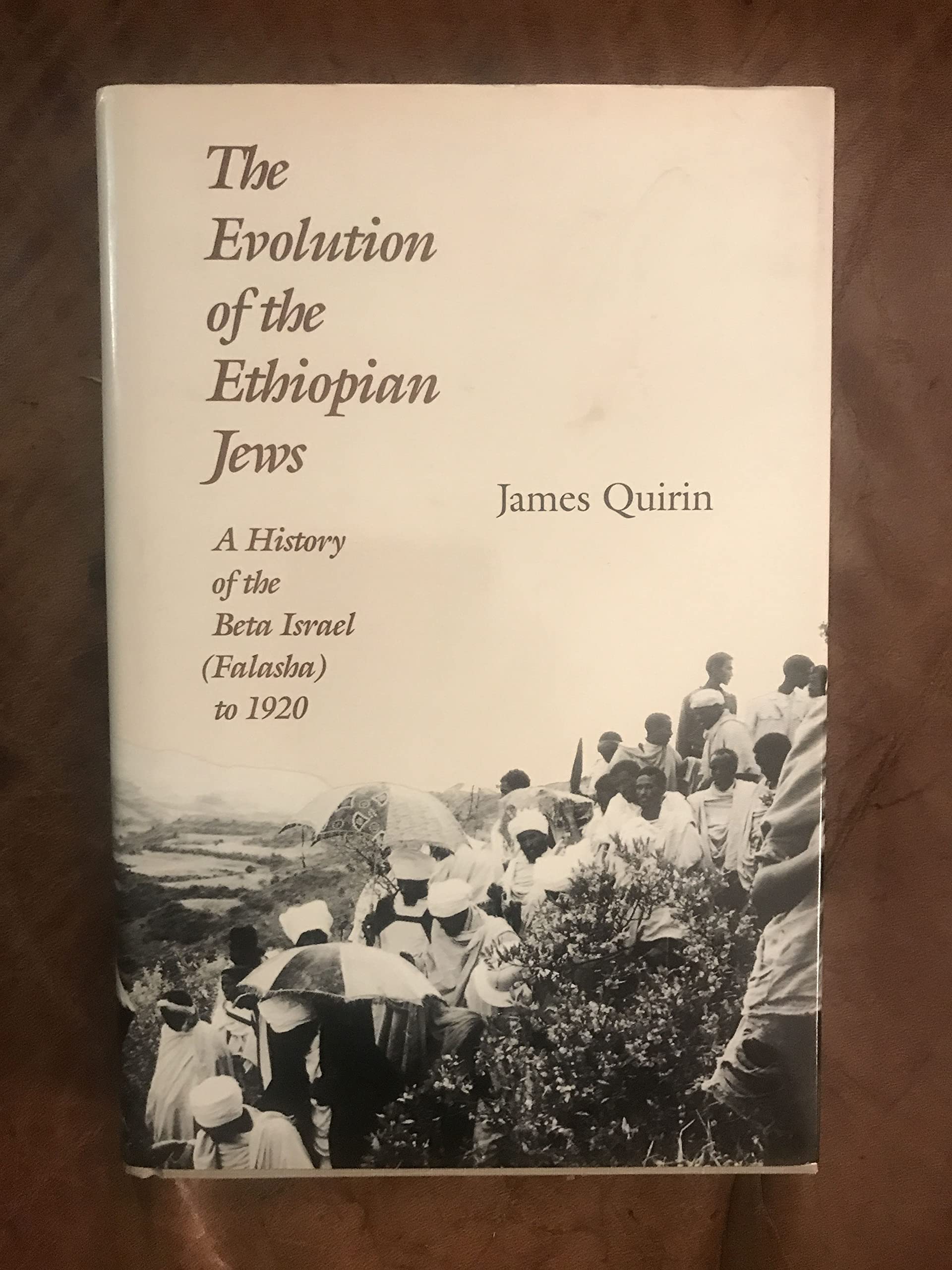

Full description not available
J**B
Great overall
Overall this is a book full of valuable information and insight.My only critique is that there’s too much political and territorial history and not enough cultural history. I wish the book had more stories of Ethiopian Jews.
G**N
Varied and Comprehensive. Well Written
A superb work of academia. The existence of the Ethiopian Jews is sufficiently well knowJames Quirin addresses many issues regarding the Ethiopian Jews. Their origins is an obvious place to begin: much has been said about it, did they migrate there from Biblical Israel, or from Egypt before that, or from Egypt after that, by which way -the Nile, the Arabian Peninsula (Himyar, a Jewish kingdom in current Yemen being a tempting explanation), or perhaps they are indigienous Ethiopians who converted to Judaism? James Quirin gives a good overview of each "academic school", the reasons many have had to support and develop each view, and some of their limitations. You end up sensing that it was "a bit of all", both migration and conversion within Ethiopia, as some historical texts seem to point.Another incredibly interesting aspect of the book is how it demolished the pre-conceived idea that the Ethiopian Jews were a monolithic, self-contained entity. The opposite is revealed, they were from different ethnic backgrounds and like all ethnic identities, these changed and mutated with time depending on the external pressures, the push and pull factors, etc. Their "low-caste" blacksmith role of a few Ethiopian Jews within a larger Christian community appears quite recent, with other periods when some Ethiopian Jewish communities were in fact dominant, or at least influential: to the point of even encouraging conversions from Ethiopian Christians towards Judaism, mainly as a dissatisfied response to Orthodox Church involvement and corruption and some particular moments in Ethiopian history. All of these views are brilliantly exposed, with ample citations of Amharic and Ge'ez texts and the crucial legacy of oral traditions, both from Ethiopian Jewish communities and other groups in the same area (Christian, Muslim or "animist").How the consolidation of Imperial Abyssinia in Gonder's time changed many aspects, and how the Zemana Mesafint "historical chaos" before Tewodros II time also had huge impacts is widely discussed in the book.
Trustpilot
2 months ago
4 days ago